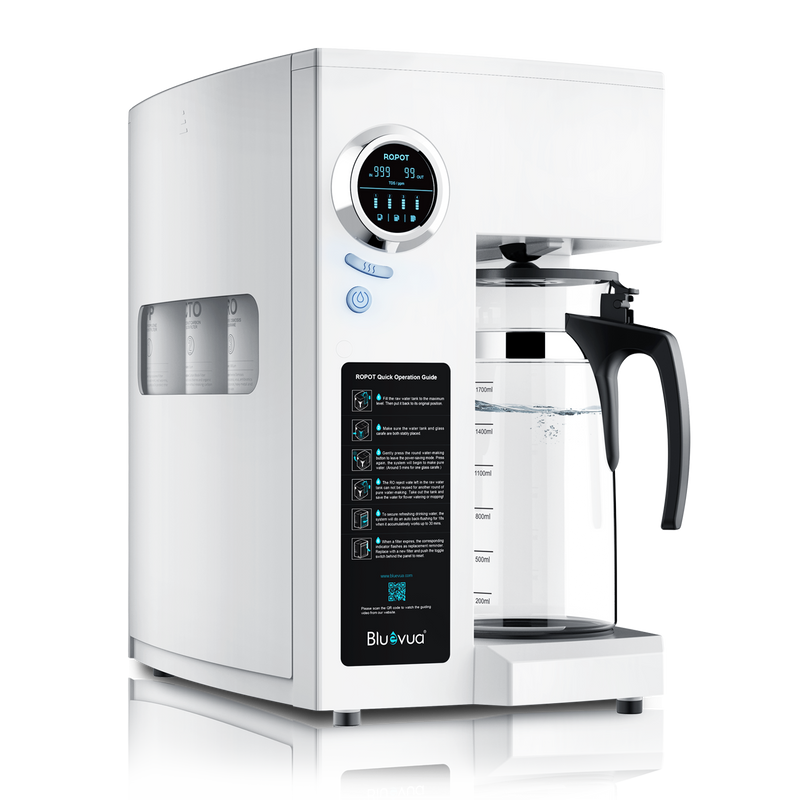The Benefits of Installing a Countertop Reverse Osmosis System for Clean Drinking Water
Body
In today's world, ensuring access to clean drinking water is more important than ever. One effective solution is the reverse osmosis system countertop, which offers numerous advantages for households seeking pure water. This article delves into the benefits, functionality, and considerations of installing such a system.

Understanding the Reverse Osmosis System Countertop
A reverse osmosis system countertop is a compact water filtration unit designed to remove impurities from tap water. It utilizes a semi-permeable membrane to separate contaminants, including heavy metals, chlorine, and bacteria, from the water. But how does this process work? When water is pushed through the membrane, only clean water passes through, while impurities are left behind. This results in high-quality drinking water that is safe and healthy.
Key Benefits of a Countertop Reverse Osmosis System
- Enhanced Water Quality: The primary advantage of a reverse osmosis system countertop is its ability to significantly improve water quality. By removing harmful substances, it ensures that you and your family consume only the cleanest water.
- Convenience: Unlike traditional filtration systems, countertop models are easy to install and require minimal maintenance. They can be set up in minutes without the need for professional assistance.
- Cost-Effective: Investing in a reverse osmosis system countertop can save you money in the long run. By reducing the need for bottled water, you can cut down on expenses while also minimizing plastic waste.
- Space-Saving Design: These systems are designed to occupy minimal counter space, making them ideal for small kitchens or apartments.
Is a Countertop Reverse Osmosis System Right for You?
When considering whether to install a reverse osmosis system countertop, it's essential to evaluate your water quality needs. If your tap water has a noticeable taste or odor, or if you live in an area with known water quality issues, this system may be an excellent choice. Additionally, families with young children or individuals with compromised immune systems can benefit significantly from the enhanced purification.
Installation and Maintenance Considerations
Installing a reverse osmosis system countertop is typically straightforward. Most models come with clear instructions, allowing you to set it up without professional help. Regular maintenance involves changing the filters periodically, which is a simple task that can be done at home. For more information on specific models and their features, visit Blue Vua's Countertop RO System Collection.
Conclusion: The Importance of Clean Drinking Water
In conclusion, a reverse osmosis system countertop is a valuable investment for anyone seeking clean, safe drinking water. With its numerous benefits, including enhanced water quality, convenience, and cost-effectiveness, it stands out as a practical solution for modern households. By prioritizing water purification, you are not only safeguarding your health but also contributing to a more sustainable environment.










Comments